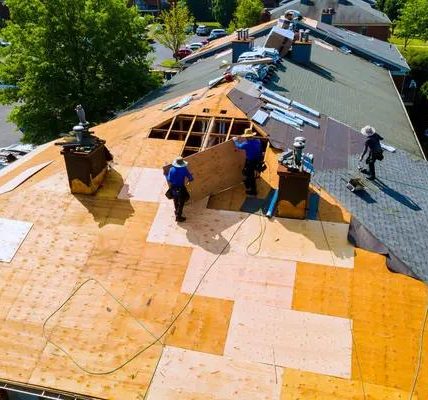Heat pumps have become an increasingly popular choice for homeowners seeking efficient heating and cooling solutions. These versatile systems offer the dual benefit of warming your home in the winter and keeping it cool during the summer months. However, like any major appliance, heat pumps come with a finite lifespan. Understanding how long a heat pump typically lasts can help homeowners make informed decisions about maintenance, repairs, and eventual replacements.
On average, a well-maintained heat pump can last anywhere from 10 to 15 years. This range is influenced by several factors including the quality of the unit, frequency and quality of maintenance, local climate conditions, and usage patterns. Higher-end models or those produced by reputable manufacturers may even exceed this average lifespan if properly cared for.
The longevity of a heat pump largely depends on regular maintenance. Routine check-ups are essential to ensure that all components are functioning optimally. Simple tasks such as changing filters regularly can significantly enhance performance and extend explore the offerings system. Additionally, annual professional inspections allow technicians to identify potential issues early on before they escalate into costly repairs or cause irreparable damage.
Climate also plays a crucial role in determining how long a heat pump will last. In regions with moderate climates where extreme temperatures are rare, heat pumps tend to experience less strain compared to areas with harsh winters or scorching summers. The more consistently balanced demands placed on these systems often translate into longer service lives.
Usage intensity is another critical factor influencing lifespan; units that operate year-round due to constant demand for heating or cooling will naturally wear out faster than those used seasonally or intermittently. Homeowners who rely heavily on their systems should be particularly vigilant about adhering to recommended maintenance schedules.
Despite best efforts at upkeep and careful use practices though every mechanical system eventually reaches its end-of-life stage when replacement becomes inevitable rather than continuing repairs which could prove economically unfeasible over time given diminishing returns regarding efficiency levels versus operational costs involved therein thus necessitating upgrading options available then so investing wisely initially pays dividends down line ultimately ensuring peace mind knowing comfort needs met reliably without undue worry breakdowns occurring unexpectedly disrupting daily routines adversely affecting overall living environments negatively otherwise experienced under circumstances less favorable indeed making prudent choices upfront worthwhile endeavors indeed!
In conclusion while no definitive answer exists regarding precisely how many years specific individual units might endure given myriad variables impacting outcomes generally speaking proper care attention paid towards maintaining equipment alongside selecting appropriate models suited particular environmental contexts goes long way maximizing utility derived thereby achieving optimal results desired everyone concerned alike!





